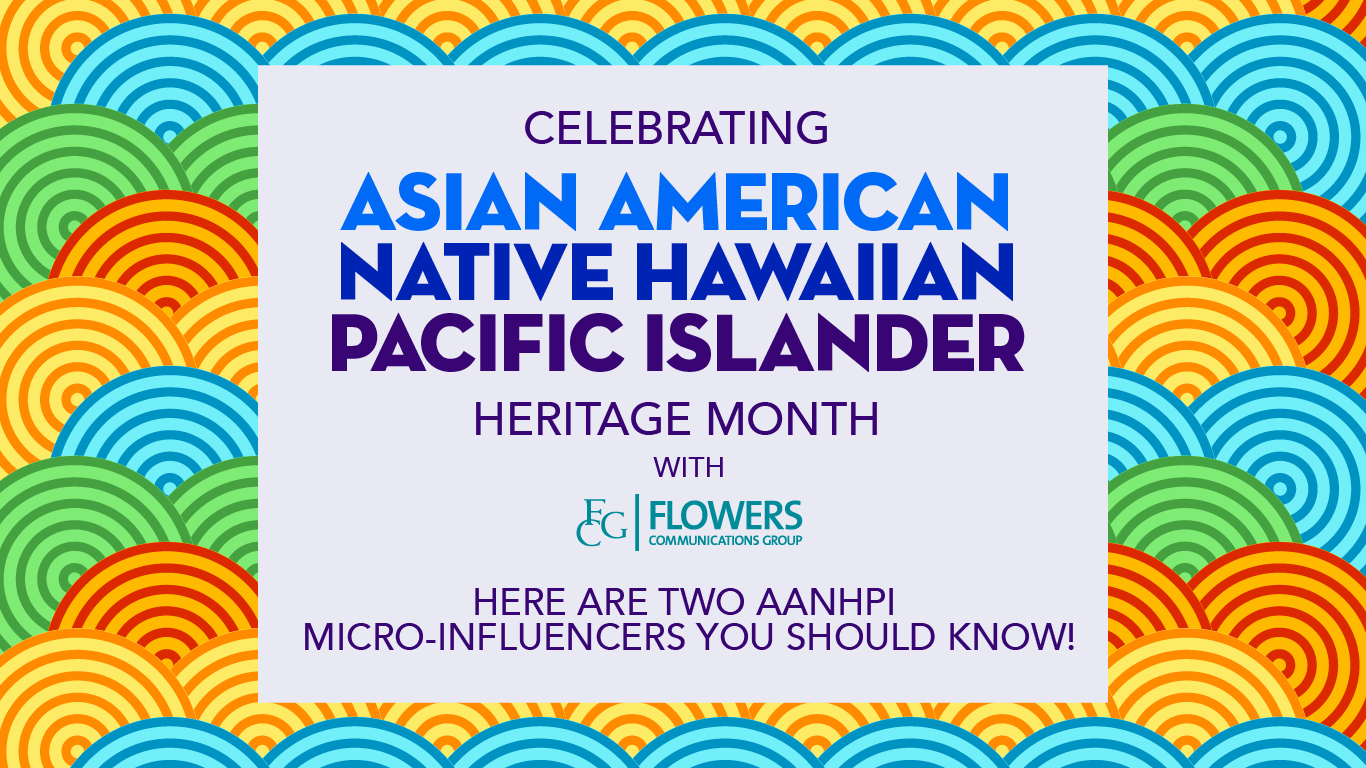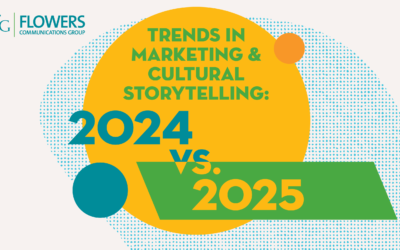As we enter AANHPI (Asian American, Native Hawaiian, and Pacific Islander) Heritage Month, it’s a time to honor the vibrant diversity within this community while also providing vital education on navigating the delicate balance between appreciation and appropriation. The Asian American population stands as one of the fastest-growing racial or ethnic groups in the United States, with a remarkable 81% growth between 2000 and 2020, surpassing the overall population growth rate. Alongside this demographic surge comes significant purchasing power, as Asian American buying power reached $1.3 trillion in 2020, with projections indicating continued growth. Notably, this demographic boasts a higher median household income compared to the national average, rendering their influence from a marketing standpoint particularly noteworthy.
While cultural exchange has become a cornerstone of marketing strategies, offering brands avenues to connect with diverse audiences, it’s imperative to recognize the nuanced distinction between cultural appreciation and appropriation within AANHPI communities. This understanding is critical for fostering genuine connections, steering clear of unintentional harm, and cultivating authenticity in engagement.
Appreciation involves respectfully acknowledging and celebrating the traditions, values, and contributions of AANHPI cultures. Examples of brands demonstrating this include Procter & Gamble’s, “Thank You, Mom” campaign, launched in conjunction with the Olympic Games, features heartwarming advertisements that pay tribute to the sacrifices and support of mothers around the world. In recent years, P&G has intentionally included AANHPI families and athletes in their commercials, showcasing diverse and inclusive representations of motherhood and family dynamics within AANHPI communities. Another great campaign example is Airbnb, which launched initiatives such as “A Night At” experiences that celebrate AANHPI cultures through immersive travel experiences, cultural exchanges, and community events. By partnering with local hosts and organizations, Airbnb has created opportunities for this community to share their heritage and traditions with a global audience. By engaging with cultural elements in a meaningful and informed manner, brands can foster trust and loyalty among AANHPI consumers.
On the other end, appropriation occurs when cultural elements are commodified, misrepresented, or exploited for profit without proper understanding or respect. This can lead to the perpetuation of harmful stereotypes and the erasure of cultural identities. For example, the misuse of sacred symbols or the appropriation of traditional attire without meaningful engagement with the originating culture can be seen as appropriation rather than appreciation, which has been very prominent in pop culture within fashion, media, and music.
For example, the ongoing conversations, particularly regarding sport team names, add another layer of complexity to this issue. Instances where team names or mascots appropriate Indigenous cultures have sparked debates about respect, representation, and the power dynamics at play. These discussions highlight the importance of actively seeking consent from the communities being represented and listening to their voices when addressing concerns of appropriation.
To summarize, these “Do’s & Don’ts” provide actionable guidelines for individuals and organizations seeking to engage respectfully with AANHPI cultures, emphasizing the importance of education, respect, collaboration, and openness to feedback in cultural exchange:
To navigate the fine line between appreciation and appropriation, brands must prioritize education and understanding. By taking the time to research and learn about the cultural significance and context behind AANHPI traditions, brands can ensure that their marketing efforts are respectful and authentic. Collaboration and partnership with AANHPI creators, artists, and influencers can provide valuable insights and perspectives, ensuring that cultural representation is accurate and meaningful.
Moving forward, it’s vital to engage with the AANHPI community by actively listening to their voices, amplifying their stories, and advocating for their rights. This involves examining biases, challenging stereotypes, and creating inclusive spaces. Cultivating cultural literacy and meaningful connections fosters a more equitable society. For learning and connecting, consider exploring resources like Asian American Advancing Justice, AAPI Data, and platforms like NextShark.
Elizabeth Kang, Mena Nelder, and Nancy Shen are members of the Experiential Production team at Flowers Communications Group




